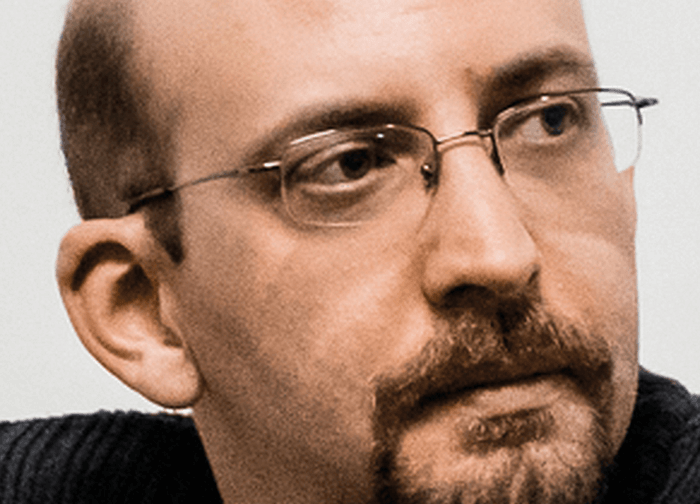If you would like to see a student, friend or colleague star in this year’s list, you can nominate here.
Associate Professor in Chemical & Environmental Engineering, Nottingham University, UK. What’s changed in the past four years? I’m now an Associate Professor and my group has grown, as has the interdisciplinary nature of our work. I get to work with wonderful and passionate people spanning academia and industry, from all across the globe. My research has presented many opportunities, most recently travelling to Ghana to carry out research on water and food security. Have any of your previous answers changed? Looking at the question on which scientists I most respect, I would now include the late Anike Igunnu (née Akinrinlade), who cared passionately about research delivering value to society. Her doctoral research reflected this, leading to a posthumous PhD award. She inspired and continues to inspire many, including me. What advice would you give to yourself four years ago, if you could? Understand and appreciate what matters most to you at that point in time. Did being in the Top 40 Under 40 Power List impact on your career? When I received reviewer comments for my first new investigator grant (an interdisciplinary proposal between water process engineering and analytical chemistry) one of the reviewers queried my analytical science credentials, asking for evidence beyond my publication record. Responding that I was on the Power List was extremely timely... and I got the grant!
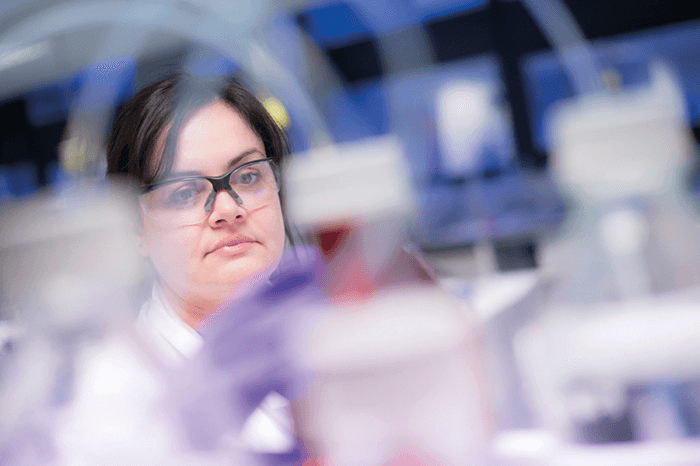
Principal Investigator, Analytical R&D, DuPont Industrial Biosciences, Wilmington, Delaware, USA. What’s changed in the past four years? A lot has changed in my career over the past four years, including my role within DuPont and the focus of my analytical chemistry research. In 2014, I was part of DuPont Crop Protection R&D. Today, I am a principal investigator within the Analytical R&D department at DuPont Industrial Biosciences. I am still a mass spectrometrist but my work now focuses on developing/applying state-of-the-art analytical methods to address research and business needs of DuPont Industrial Biosciences. My current role contributes to product discovery, development, and support of existing products from various businesses, including Biomaterials, Animal Nutrition, and Fabric & Home Care. Other aspects of my career have also progressed, including my service through the American Chemical Society (ACS), where I now serve on the International Activities Committee. The appointment has given me the opportunity to contribute to science education in disadvantaged communities while representing the ACS abroad, among other projects. Have any of your previous answers changed? As well as the update to my research focus and objectives that I already described, I would expand my prediction for the future, to include the development and application of autonomous technology in analytical sciences. This trend will continue to replace human/subjective decisions with sets of objective (mathematically driven) instructions; for example, to decide when the next sample should be taken and from what location, and what dilution factor should be applied. This will become particularly important for in situ and in vitro analysis. What advice would you give to yourself four years ago? Two things:
- Teach and mentor more; it has been increasingly rewarding in my career to help others excel.
- A vision or a planned path to follow is important, and so is the ability to change it.
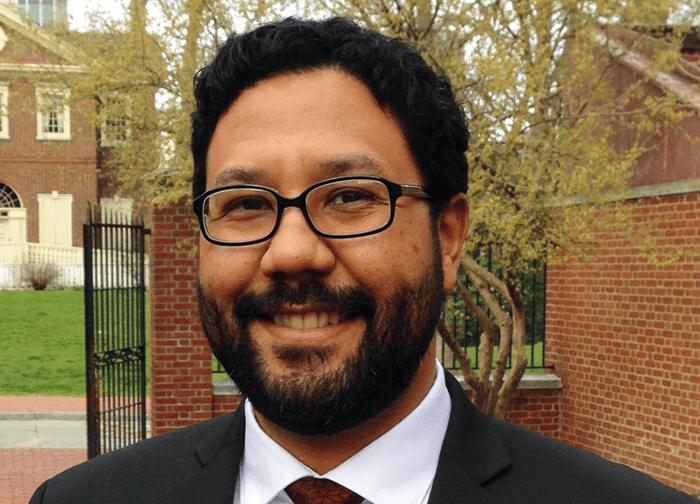
Professor, Chemical Engineering, Vrije Universiteit Brussel, Brussels, Belgium. What’s changed in the past four years? Over the last few years, I have built up a research group of not only excellent scientists but also very nice people – this year four new PhD students will join my group and there are still two PhD positions available. Also, I was awarded the position of full professor in 2018. Although I do not feel like I am “established” yet, the future looks bright. Have any of your previous answers changed? The research themes of my group have expanded over the last four years. Besides the development of novel technologies, we are focusing now on realizing super cool applications that we hope will have impact on the field of life science and biotechnology research. Did being in the Top 40 Under 40 impact on your career? At the time I was obviously very honored, but I did not realize the full impact that the article would have. Years later, people still refer to the Top 40 Under 40 list, and I have worked with several visiting students/scientists who I believe contacted me partly due to the article. Also, people from industry saw my name on this list, which helped to initiate new collaborative projects (and ultimately acquire new funding).
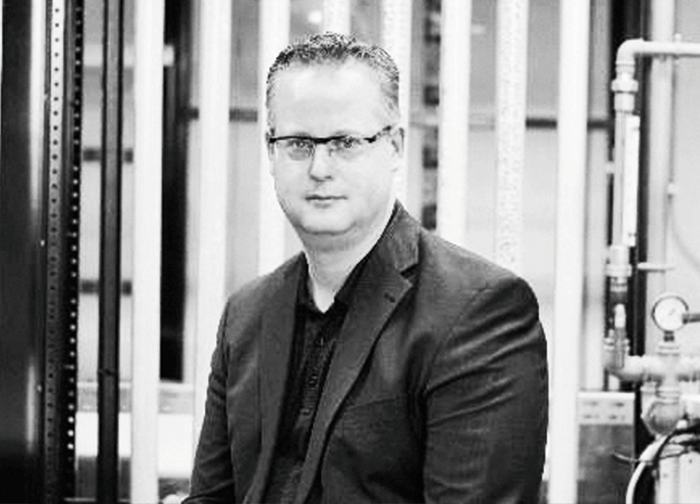
Assistant Professor, Laboratory of Forensic Medicine & Toxicology, Department of Medicine, Aristotle University of Thessaloniki, Greece. What’s changed in the past four years? I’ve moved to another department (Medicine) of the same institution, where I am an Assistant Professor of Bioanalysis. We continue to grow as a group, attract funding and collaborate with top scientists from the clinical sector. What advice would you give to yourself four years ago? Be focused and selective in collaborations. Have any of your previous answers changed? As well as Alexander Makarov and Janusz Pawliszyn, I would acknowledge my respect for two further wonderful scientists, Ian Wilson and Matthias Mann. Did being in the Top 40 Under 40 have any impact on your career? I believe it generated publicity and recognition, and therefore helped my proposals for grants to be successful.
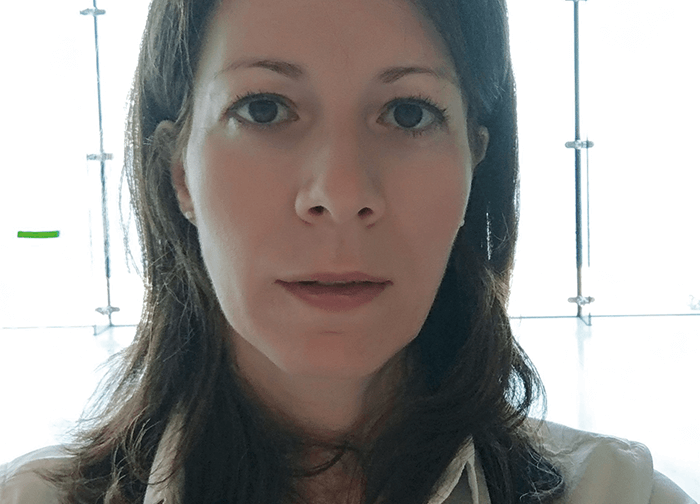
Shimadzu Distinguished Professor of Analytical Chemistry, University of Texas Arlington, USA. What’s changed in the past four years? Personally, I have been promoted to Full Professor and done a short stint in administration as an Interim Dean for Research. In terms of my group’s research, we continue to evolve – some of the things we are doing now weren’t even on our radar four years ago. For one, we have successfully demonstrated the potential for triple quadrupole-based determination of intact proteins. Many people told us that would not work, but it does. Plus, our environmental analysis research has transitioned from being solely chemically oriented and focused on environmental monitoring, to include biological species determination and methods for improved recycling of oilfield waste waters. What did being in the Power List mean to you? The Analytical Scientist has done a great job of promoting various aspects of the analytical community, and recognition of your efforts and accomplishments is always nice. Certainly, having more people know who you are and what you are doing makes this job that much more enjoyable.
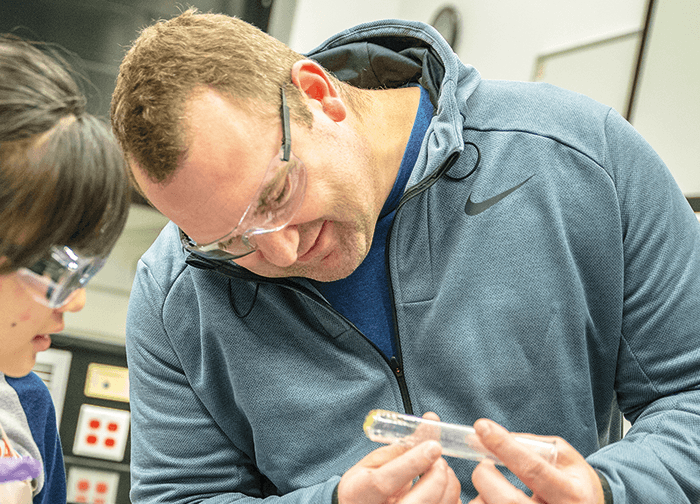
ICREA Research Professor and Group Leader, Catalan Institute of Nanoscience and Nanotechnology, Spain. What’s changed in the past four years? Four years ago I was working to consolidate my group. Now, we are recognized as one of the leading groups on advanced electron microscopy analysis of nanomaterials (such as nanowires and free-standing nanostructures). I have also become President of the Spanish Microscopy Society (SME), and scientific supervisor of the MET-CELLS Project to equip the ALBA Synchrotron with state-of-the-art transmission electron microscopes. Did being in the Top 40 Under 40 impact on your career? Together with other awards I received around that time, I believe being part of the Power List in 2014 helped me to obtain my current group leader position at the Catalan Institute of Nanoscience and Nanotechnology, one of the top Institutes of Excellence in Spain.
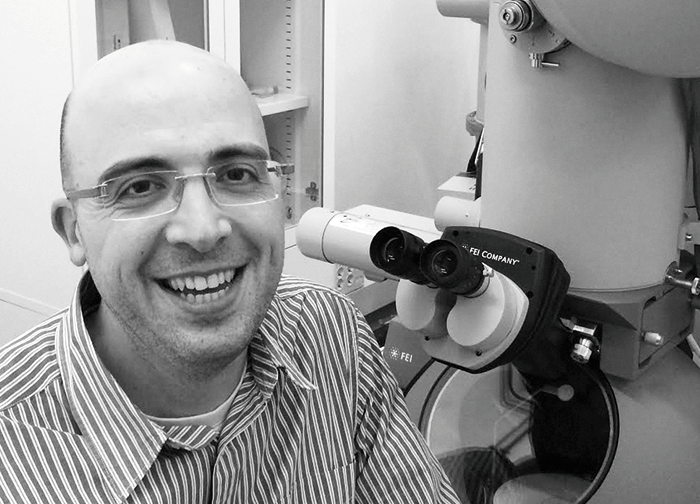
Research Scientist, Thayer School of Engineering, Dartmouth College, New Hampshire, USA. What’s changed in the past four years? Much has changed! I left my academic position at University of Udine (Italy) to become the Scientific Director of Chromaleont srl, a private company spin-off of the University of Messina (Italy). That experience helped me realize that I wanted to explore new fields; in particular, I wanted to learn more about chemometrics, to extract useful information from the huge volume of data that modern techniques provide. Thus, I moved from Italy to Dartmouth College in the US, where I have applied my analytical skills to metabolomics applications. Recently, I won an academic position at University of Liege (Belgium), in the Gembloux AgriBioTech Department. I am excited to start my own research group, where I can merge and exploit all my previous experience and create new collaborations – and share my enthusiasm and passion for research with colleagues and younger scientists. What advice would you give to yourself four years ago? Be focused, but never stop exploring other fields. What did being in the Power List mean to you? It was a great honor for me to be in the Power List. Being a scientist is not always easy, but recognition like this helps you to keep going and focus on your goals.
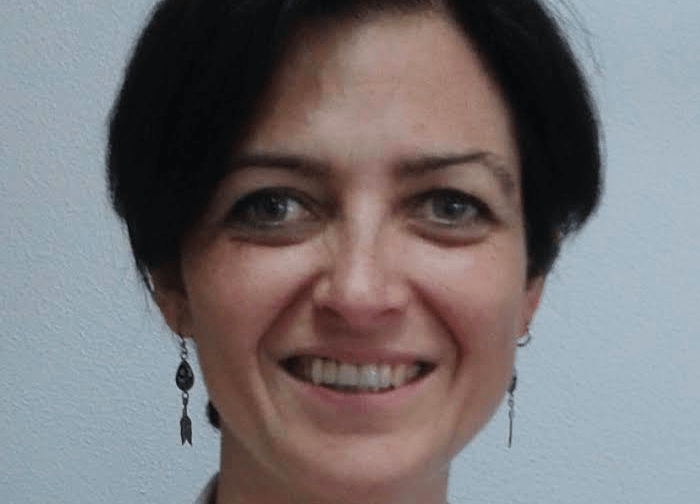
Scientific Director, Research Institute for Chromatography, Kortrijk, Belgium; co-founder and R&D Director anaRIC biologics, Ghent, Belgium. What’s changed in the past four years? Here at RIC, we have experienced a substantial growth in our omics and biopharma activities which, to my surprise, resulted in my being listed in the Analytical Scientist’s “10 Top 10s” Power List 2017. What advice would you give to yourself four years ago, if you could? Dare to say “No” and stay focused. Did being in the Top 40 Under 40 impact on your career? It definitely gave motivation and visibility to me personally, and to RICs as a whole – and it’s always nice to have your hard work appreciated!
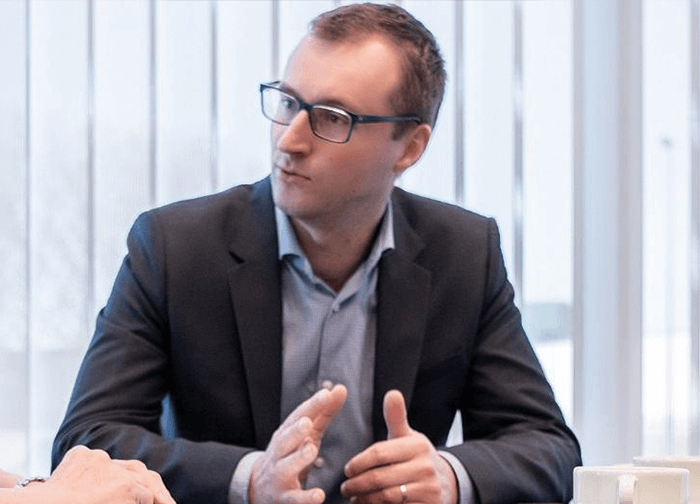
Principal Investigator, Institute of Molecular Systems Biology, Department of Biology, ETH Zurich, Switzerland. What’s changed in the past four years? I have moved to a permanent PI position at ETH Zurich and recruited some talented students and postdocs to my team. My research focus has shifted further from the analytical sciences – I am now mostly working on proteins and protein–RNA complexes and even a bit of personalized health, but chromatography and mass spectrometry still remain the core technologies in our work. What did being on the Power List mean to you? It was nice to receive recognition from analytical scientists, especially since I have chosen a somewhat unconventional career path that led me towards structural biology.
